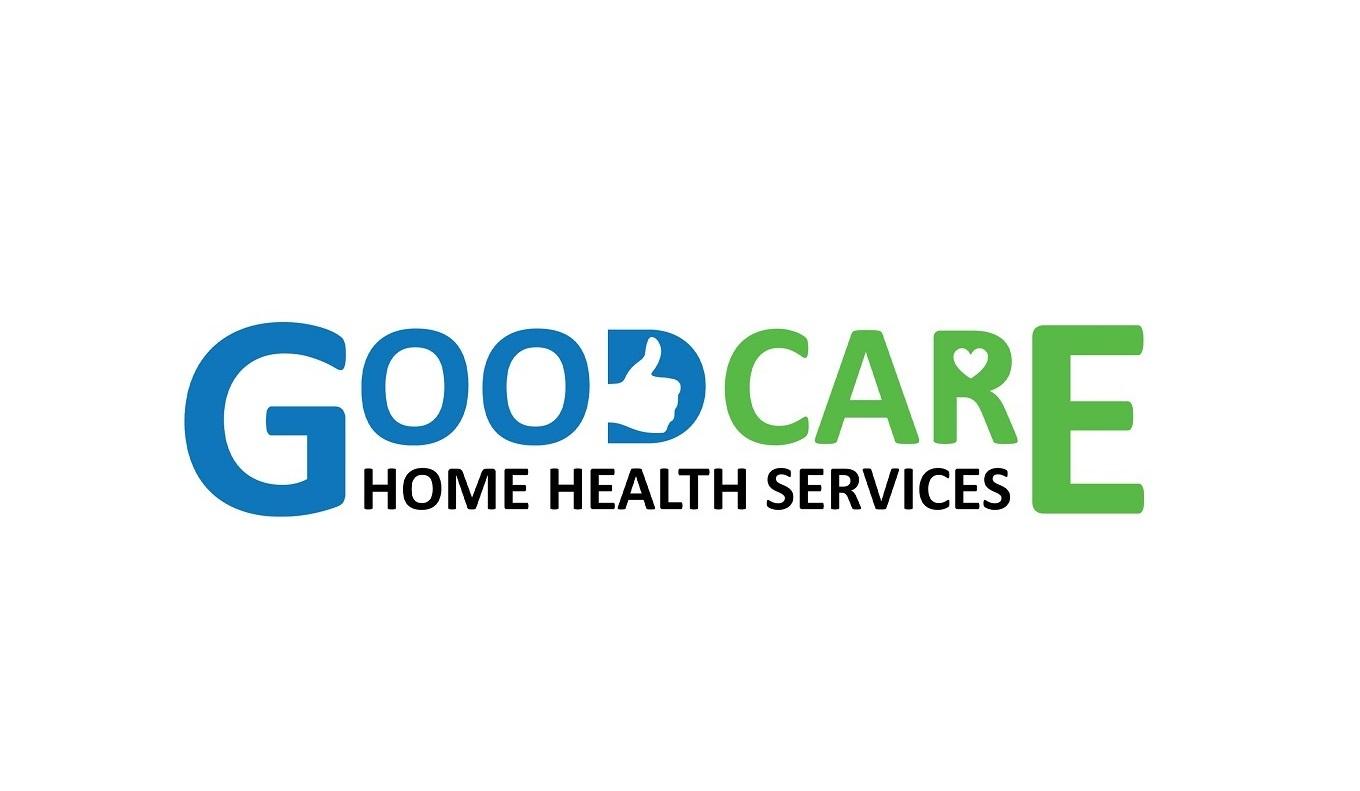Caring for an aging or ill loved one can be challenging. Recognizing when it’s time to seek professional help is crucial to ensuring they receive the best care possible. Home health care offers a personalized, compassionate approach that can significantly improve the quality of life for your loved one and provide peace of mind for your family. Here are some signs that your loved one may need home health care.
1. Difficulty with Daily Activities
One of the most obvious signs that your loved one may need home health care is if they struggle with daily activities like bathing, dressing, eating, or using the restroom. These tasks, known as Activities of Daily Living (ADLs), are essential for maintaining independence and quality of life. If your loved one can no longer perform these activities safely or without assistance, it may be time to consider professional help.
2. Chronic Health Conditions
If your loved one is living with a chronic illness such as diabetes, heart disease, or COPD, they may benefit from the specialized care that home health care can provide. Chronic conditions often require ongoing monitoring and management, which can be challenging for families to handle alone. A skilled nurse or caregiver can help manage medications, monitor vital signs, and ensure that your loved one’s condition is under control.
3. Frequent Falls or Accidents
Frequent falls or accidents are a red flag that your loved one’s safety is at risk. Whether due to mobility issues, vision problems, or cognitive decline, these incidents can lead to serious injuries. Home health care professionals can assess your loved one’s home environment, recommend safety modifications, and provide physical therapy to help reduce the risk of falls.
4. Memory Loss or Cognitive Decline
Memory loss or cognitive decline, such as that seen in Alzheimer’s or other forms of dementia, can make it difficult for your loved one to live safely on their own. They may forget to take medications, leave the stove on, or wander away from home. Home health care can provide the necessary supervision and support to ensure their safety and well-being.
5. Social Isolation or Loneliness
If your loved one is becoming increasingly isolated or lonely, it can negatively impact their mental and emotional health. Home health care can provide companionship and social interaction, which are vital for maintaining a positive outlook and overall well-being. Caregivers can also help your loved one stay connected with family and friends, either through visits or virtual communication.
6. Difficulty Managing Medications
As people age, they often require multiple medications, which can be confusing and difficult to manage. Missing doses or taking incorrect amounts can lead to serious health complications. A home health care provider can ensure that your loved one is taking their medications correctly and on time, helping to prevent adverse effects and hospitalizations.
7. Changes in Personal Hygiene or Home Cleanliness
If you notice a decline in your loved one’s personal hygiene or the cleanliness of their home, it may indicate that they are struggling to care for themselves. This could be due to physical limitations, cognitive decline, or depression. A home health care professional can assist with personal care tasks and help maintain a clean and safe living environment.
8. Unexplained Weight Loss or Poor Nutrition
Unexplained weight loss or poor nutrition can be a sign that your loved one is not eating properly. This could be due to difficulty preparing meals, a lack of appetite, or difficulty swallowing. Home health care providers can assist with meal preparation, ensure your loved one is eating a balanced diet, and monitor their nutritional status.
9. Caregiver Burnout
If you are the primary caregiver for your loved one, it’s essential to recognize when you are becoming overwhelmed or burned out. Caregiver burnout can lead to physical and emotional exhaustion, which can negatively affect both you and your loved one. Home health care can provide the support you need to take a break, recharge, and ensure your loved one receives continuous care.
10. Worsening Health Conditions
If your loved one’s health condition is worsening, it may be time to seek professional care. This could include an increase in hospital visits, difficulty managing symptoms, or a decline in overall health. Home health care can provide the specialized care and monitoring needed to manage these changes effectively.
Conclusion
Deciding to seek home health care for a loved one is never easy, but it’s often the best decision for their safety, health, and well-being. If you’ve noticed any of these signs, it may be time to explore home health care options. Professional caregivers can provide the support and care your loved one needs to maintain their independence and quality of life, allowing you to focus on spending quality time together.
If you’re considering home health care for your loved one, contact us today to learn more about our services and how we can help.




